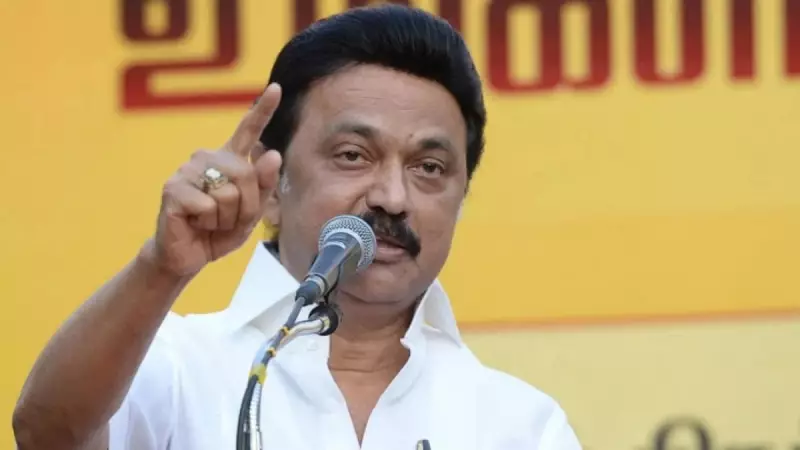
The political temperature in Tamil Nadu has risen significantly as the state's BJP unit launched a sharp counterattack against Chief Minister MK Stalin over his criticism of Hindi names for central government schemes.
The Language Controversy Escalates
In a strongly worded response, Tamil Nadu BJP president K Annamalai accused the DMK leader of blatant hypocrisy, pointing out that Stalin's own administration uses Hindi terminology in several state initiatives while simultaneously attacking the central government for the same practice.
BJP's Counter-Arguments
The saffron party presented multiple examples to support their claims, highlighting what they called Stalin's "double standards" on the language issue. "While the CM criticizes Hindi names for central schemes, his government proudly uses terms like 'Singara Chennai' and 'Namma Chennai' which incorporate Hindi words," Annamalai stated.
The BJP leader further emphasized that the party respects all Indian languages equally and rejected allegations of Hindi imposition. "Our approach has always been inclusive, promoting all Indian languages while maintaining communication efficiency across states," he added.
Political Implications
This exchange marks the latest chapter in Tamil Nadu's long-standing sensitivity about language politics. The DMK has historically positioned itself as the guardian of Tamil identity and culture, frequently clashing with the BJP over perceived attempts to promote Hindi at the expense of regional languages.
Political observers note that this controversy comes at a crucial time when both parties are preparing for upcoming electoral battles in the state. The language issue has traditionally been a potent political weapon in Tamil Nadu, and both sides appear to be digging in for a prolonged confrontation.
As the war of words intensifies, the debate has sparked fresh discussions about linguistic federalism and the balance between national integration and regional identity in India's diverse political landscape.





